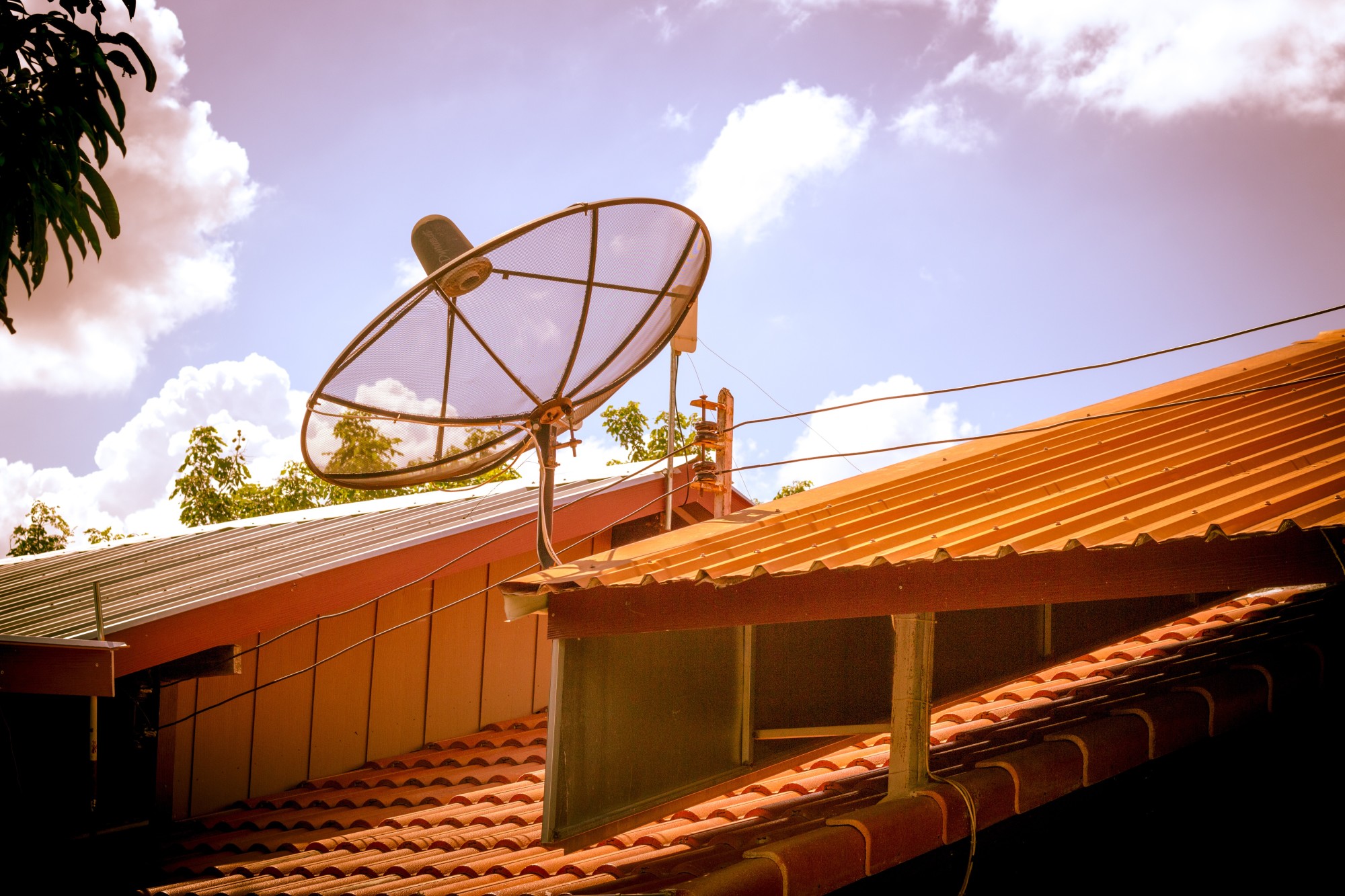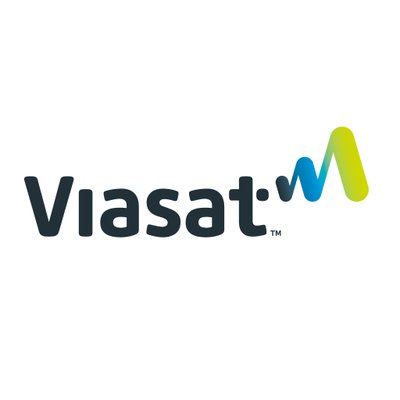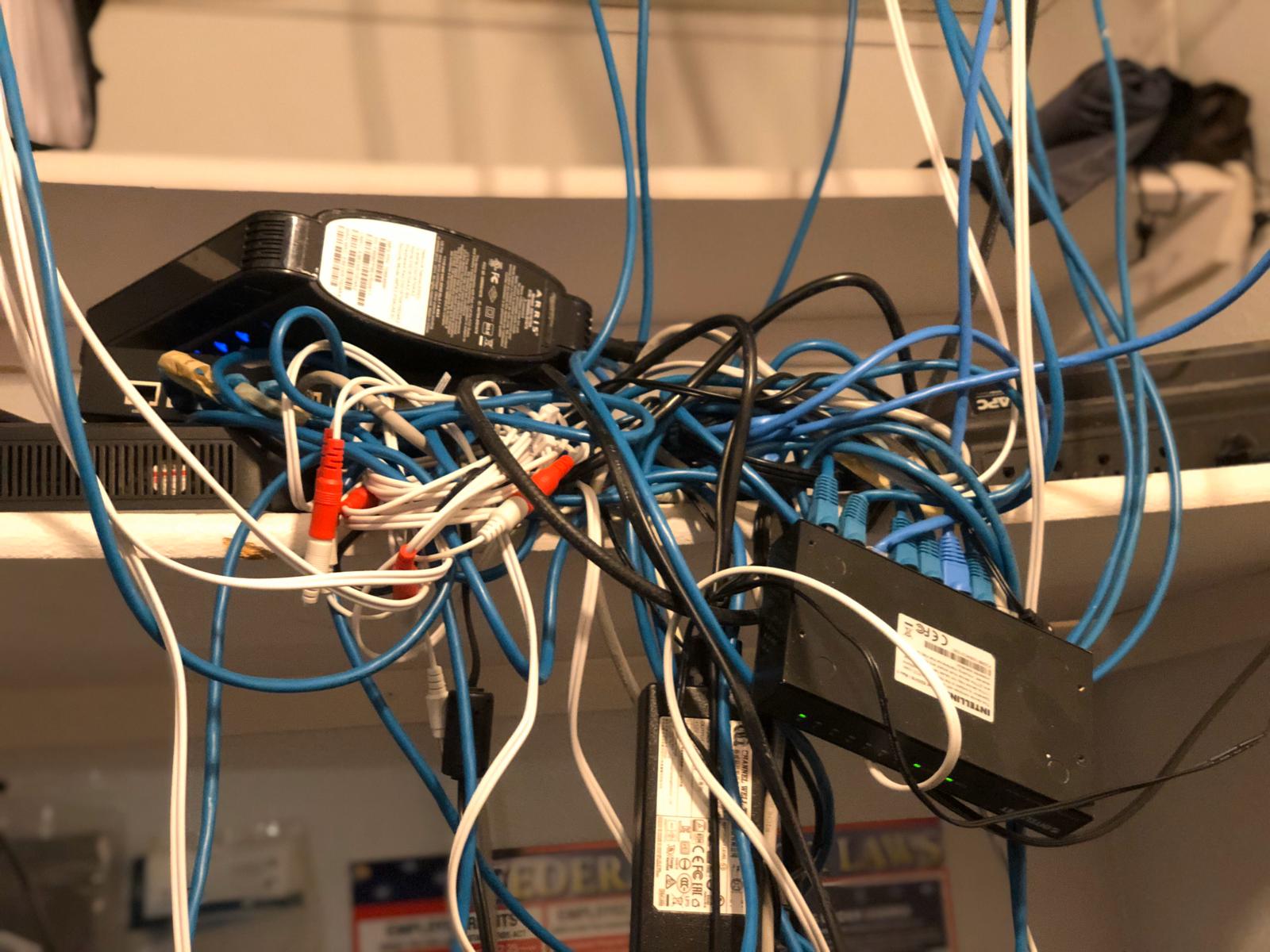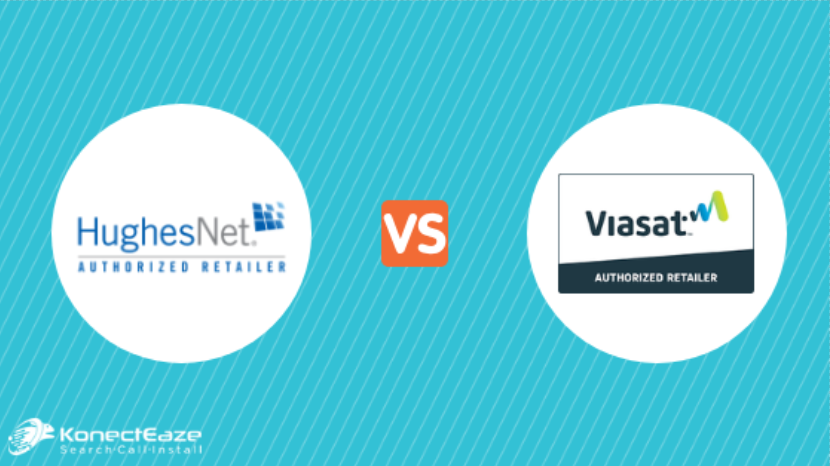Looking to upgrade or switch your internet service? You have options! Explore the best internet providers that 2020 has to offer.
16 November, 2024 | Posted by: Pablo Mendoza
Category: Reviews, Internet | No Comments

Choosing the right internet service provider (ISP) can be a daunting task given the myriad of options available. This guide aims to simplify your decision-making process by categorizing the best ISPs based on different needs and preferences for 2024. Whether you need the fastest speeds, the best value, or the most reliable service, this guide has you covered.
Why AT&T Fiber?
AT&T Fiber stands out for its high-speed offerings and excellent customer satisfaction. With no data caps and no contracts, it provides flexibility and reliability, making it the best overall choice for most households.
Why Google Fiber?
Google Fiber is known for its ultra-fast speeds and straightforward pricing. It’s an excellent choice for heavy internet users who need high-speed connections for activities like gaming and streaming.
Why Spectrum?
Spectrum offers a great balance of speed and affordability. With no contracts and unlimited data, it’s a budget-friendly option for families and individuals alike.
Why Viasat?
Viasat provides reliable satellite internet service, making it a top choice for rural areas where other types of internet might not be available. Its plans offer flexibility and decent speeds for remote locations.
Why Verizon Fios?
Verizon Fios consistently receives high marks for customer satisfaction. With a range of plans and competitive pricing, it’s a reliable choice for those who prioritize customer service.
Why Xfinity?
Xfinity is a top choice for streaming due to its high speeds and extensive coverage. It offers a range of plans that cater to different needs and budgets, making it a versatile option for households that stream a lot of content.
Why T-Mobile Home Internet?
T-Mobile Home Internet offers flexible plans with no contracts, making it an excellent choice for those who prefer month-to-month service. Its 5G availability also provides decent speeds for most household needs.
To help you compare, here is a detailed comparison table of the top internet providers:
| ISP | Plan Name | Price | Speed | Data Cap | Details |
|---|---|---|---|---|---|
| AT&T Fiber | Internet 1000 | $60.00/mo | 1,000 Mbps (1 Gbps) | No data cap | Ideal for large households |
| Google Fiber | 2 Gig | $100.00/mo | 2,000 Mbps | No data cap | Ultra-fast speeds for all needs |
| Spectrum | Internet 400 | $49.99/mo | 400 Mbps | No data cap | Suitable for multiple users |
| Viasat | Unlimited Gold 50 | $149.99/mo | 50 Mbps | No hard data cap | Best for rural areas |
| Verizon Fios | Gigabit Connection | $79.99/mo | 940 Mbps | No data cap | Best for heavy internet usage |
| Xfinity | Gigabit | $79.99/mo | 1,000 Mbps | 1.2 TB | Best for streaming |
| T-Mobile Home Internet | Home Internet | $50.00/mo | 25 - 100 Mbps | No data cap | Best for flexible plans |
Choosing the right ISP is crucial for a seamless internet experience. By considering factors such as speed, price, and availability, you can find an ISP that meets your needs. Whether you prioritize speed, budget, or customer satisfaction, this guide provides a comprehensive overview of the best internet providers by category for 2024.
For more updates and information on internet service providers, stay tuned to our blog.
When you become a new homeowner finding an internet provider may seem tricky. Read on to learn about Viasat vs Hughesnet and which is best for you.
23 October, 2024 | Posted by: Pablo Mendoza
Category: Reviews, Internet, Service Providers | No Comments

When choosing a satellite internet provider, two prominent names often come up: Viasat and HughesNet. Both offer a range of plans catering to different needs, but which one is right for you? This updated comparison will help you decide by examining the latest plans, pricing, and speeds from both providers.
Viasat offers a variety of plans with different speeds and data allowances. Here are the current options:
| Plan Name | Price | Speed | Data Allowance |
|---|---|---|---|
| Unlimited Bronze 12 | $49.99/mo | Up to 12 Mbps | 40 GB |
| Unlimited Silver 25 | $69.99/mo | Up to 25 Mbps | 60 GB |
| Unlimited Gold 50 | $99.99/mo | Up to 50 Mbps | 100 GB |
| Unlimited Platinum 100 | $149.99/mo | Up to 100 Mbps | 150 GB |
HughesNet offers straightforward plans with consistent speeds but varying data allowances. Here are the latest plans:
| Plan Name | Price | Speed | Data Allowance |
|---|---|---|---|
| 15 GB Plan | $64.99/mo | 25 Mbps | 15 GB |
| 30 GB Plan | $74.99/mo | 25 Mbps | 30 GB |
| 45 GB Plan | $109.99/mo | 25 Mbps | 45 GB |
| 75 GB Plan | $159.99/mo | 25 Mbps | 75 GB |
To help you compare Viasat and HughesNet side by side, here is a detailed comparison chart:
| Feature | Viasat | HughesNet |
|---|---|---|
| Starting Price | $49.99/mo | $64.99/mo |
| Max Speed | Up to 100 Mbps | 25 Mbps |
| Data Allowance | 40 GB - 150 GB | 15 GB - 75 GB |
| Contract Length | 24 months | 24 months |
| Equipment Fees | $9.99/mo rental or $299.99 purchase | $14.99/mo rental or $449.99 purchase |
| Availability | Nationwide | Nationwide |
Customer service is a crucial factor when choosing an internet provider. Here’s a comparison of Viasat and HughesNet in this area:
Both providers require professional installation for their satellite internet services:
Choosing between Viasat and HughesNet depends on your specific needs. If you require higher speeds and larger data allowances, Viasat is likely the better option. However, if you prefer consistent pricing and a straightforward plan structure, HughesNet might be more suitable. Consider your internet usage habits, budget, and the importance of speed versus data allowance when making your decision. Both providers offer reliable satellite internet services with nationwide availability, making them excellent choices for rural and remote areas where traditional broadband options may be limited.
Viasat WiFi Internet : A Comprehensive Review for 2020
22 October, 2024 | Posted by:
Category: Deals & Packages, Reviews, Internet, Service Providers | No Comments

Viasat, a prominent satellite internet provider, continues to make significant strides in the broadband industry. This article delves into the latest developments, offerings, and technological advancements by Viasat, highlighting how they are shaping the future of satellite internet.
New Satellites Launched: Viasat has successfully launched new satellites to enhance its network capacity and coverage. These satellites aim to provide faster and more reliable internet service, particularly in underserved and remote areas.
Improved Bandwidth: The new satellites are equipped with advanced technology to offer improved bandwidth, allowing for better performance even during peak usage times.
Global Coverage: The Viasat-3 satellite constellation promises near-global coverage, significantly expanding Viasat's reach. This initiative aims to connect even the most remote locations with high-speed internet.
Enhanced Speeds and Capacity: Viasat-3 is designed to deliver unprecedented speeds and capacity, ensuring that customers receive consistent and reliable internet service.
Unlimited Data Plans: Viasat now offers unlimited data plans, allowing users to enjoy high-speed internet without worrying about data caps. This is particularly beneficial for heavy internet users and households with multiple connected devices.
Affordable Options: To cater to a diverse customer base, Viasat provides a range of plans at various price points, ensuring that high-speed internet is accessible to more people.
Tailored Packages: Viasat offers specialized internet packages for businesses, providing reliable and high-speed connectivity essential for business operations.
Remote Work and Telecommuting: With the rise of remote work, Viasat's business internet solutions support seamless telecommuting, video conferencing, and cloud-based applications.
Smart WiFi: Viasat has introduced smart WiFi technology, which optimizes the distribution of internet bandwidth across devices. This ensures a stable and fast connection, even when multiple devices are connected simultaneously.
Advanced Security Features: Viasat's WiFi technology includes robust security features to protect against cyber threats, ensuring a safe online experience for users.
Hybrid 5G-Satellite Network: Viasat is exploring the integration of 5G technology with its satellite network. This hybrid approach aims to combine the strengths of both technologies, offering enhanced speed, reliability, and coverage.
Future Prospects: The integration of 5G and satellite technology is expected to revolutionize internet connectivity, providing ultra-fast speeds and low latency, even in remote areas.
Rural and Underserved Areas: Viasat's efforts focus on bridging the digital divide by providing high-speed internet to rural and underserved communities. This initiative aims to ensure that everyone, regardless of location, has access to reliable internet.
Educational Programs: Viasat partners with educational institutions to provide internet access to schools in remote areas, supporting online learning and educational resources.
Emergency Services: Viasat's satellite internet plays a crucial role in disaster response, providing connectivity in areas affected by natural disasters where traditional infrastructure is damaged.
Mobile Units: Viasat deploys mobile internet units to provide temporary connectivity in disaster-stricken areas, ensuring that emergency services and affected communities stay connected.
Viasat continues to push the boundaries of satellite internet technology, offering innovative solutions that enhance connectivity and accessibility. With its expanding satellite network, new service plans, and commitment to bridging the digital divide, Viasat is poised to play a significant role in the future of global internet connectivity.
Keeping you up to date with High Speed Broadband Internet Providers updates news and information.
22 October, 2024 | Posted by: Pablo Mendoza
Category: Apps, Business Internet, Cable, Entertainment, Gaming, Deals & Packages, News, Reviews, Internet, Service Providers, Streaming, Technology, This & That, Tips, TV | No Comments

Staying informed about the latest developments in high-speed broadband internet is essential. This guide highlights recent news and updates from the industry, focusing on innovations, accessibility, and significant events.
The deployment of satellites by companies like OneWeb and SpaceX has continued to expand, aiming to provide global high-speed internet access, particularly targeting rural areas. These efforts aim to bridge the digital divide, ensuring even remote areas can access high-speed internet. Additionally, HughesNet and Viasat are enhancing their satellite networks to remain competitive.
Recent reports indicate that over 42 million Americans still lack access to high-speed internet, a significant issue impacting their ability to stream content, work remotely, and perform other online activities effectively. This gap highlights the ongoing need for infrastructure improvements and broader accessibility initiatives. To understand more about the differences in internet connectivity, check out Evaluating Your Options: DSL, Cable, Satellite, and Fiber Internet.
The FCC's Rural Digital Opportunity Fund, now exceeding $20 billion, continues to be a pivotal initiative aimed at bringing faster internet to underserved areas across the United States. This fund is expected to create jobs, enhance opportunities, and improve internet access for millions of Americans, significantly impacting rural communities. Learn more about What Internet Speed is Right for You?.
Spectrum recently experienced a significant service outage affecting internet, television, and phone services in several Northeast states due to severe weather conditions. This outage left many customers without connectivity over the weekend, underscoring the importance of robust infrastructure to handle extreme weather events. For tips on improving your internet speed, visit How to Increase Your Internet Speed.
The broadband industry is rapidly evolving, with new technologies and initiatives aimed at improving accessibility and performance. Staying updated with these developments can help consumers make informed decisions about their internet services.
With advances in technology, the two titans of satellite internet service, HughesNet and Viasat/Exede, both released their premier latest and greatest satellite dishes in 2017.
25 October, 2024 | Posted by:
Category: Deals & Packages, Internet, Service Providers | No Comments

Satellite internet is a viable option for those living in rural areas where traditional broadband services are unavailable. Providers like HughesNet and Viasat offer services designed to deliver reliable internet access to remote locations.
HughesNet is well-known for its reliability and has been consistently rated high by users and regulatory agencies. Its Gen5 series provides a steady 25 Mbps speed, which is adequate for most household needs like streaming, browsing, and video calls. One of its significant advantages is the lack of overage charges. If you exceed your data allowance, your speed will be reduced, but you won't face additional fees.
Viasat offers higher speeds in select areas, with its Viasat-2 satellite providing up to 100 Mbps. This makes it suitable for more data-intensive activities like HD streaming and large file downloads. Viasat's unlimited data plans are more expensive but cater to users with higher data needs, ensuring that they can stay connected without worrying about hitting a data cap.
Satellite internet's most significant advantage is its coverage. It can reach areas that traditional wired services cannot, making it indispensable for rural and remote regions. The stable pricing ensures that users are not surprised by sudden price hikes, and the vacation mode is perfect for those who use the service seasonally, allowing them to pause their service without canceling it entirely.
Satellite internet tends to be more expensive than other types of broadband due to the technology involved. Monthly costs can vary significantly depending on the speed and data allowance. Equipment fees are another consideration, though many providers offer lifetime lease options to reduce long-term costs. Installation is straightforward and often free, but it requires professional setup to ensure optimal performance.
While satellite internet has improved, weather conditions can still impact performance. Heavy rain or snow can disrupt the signal. Latency is another issue; due to the long distance data must travel to and from satellites, there is a noticeable delay. This makes satellite less ideal for activities requiring real-time interaction, such as competitive online gaming or video conferencing.
Users generally find satellite internet to be a reliable solution, especially in areas without other broadband options. Customer support is crucial for resolving issues quickly, and both HughesNet and Viasat have dedicated support teams to help with installation, troubleshooting, and service questions.
Satellite internet offers a practical solution for rural areas, balancing cost and connectivity. While it has some limitations, like higher latency and potential weather impact, it remains a crucial service for those without access to other high-speed internet options.